Kuwait discounts US pullout of Patriot missiles as internal 'routine procedure'
Kuwait’s top military official has said that the recent US defense department's decision to withdraw two anti-air Patriot missile systems from the Persian Gulf kingdom was a “routine procedure” amid Pentagon’s refusal to discuss the move.
Kuwaiti army's General Chief of Staff Lt. Gen. Mohammad Al-Khuder was cited in a Saturday report by the Saudi-based Arab News English-language daily as saying that the pullout of the missile battery by the US military reflected “an interior routine procedure” in coordination with the Kuwaiti army.
"Kuwait's Patriot missile system, independently, protects and covers all its geographical borders," he added in a statement quoted in the report.
Patriot missile systems are designed to intercept ballistic and cruise missiles and other airborne threats such as war planes.
US media reported last week that the US military was pulling some of its anti-aircraft and missile batteries out of the Middle East, marking a shift that focuses away from long-lasting conflicts in the region to tensions with China, Russia and Iran.
The reports further cited American military officials as saying on Wednesday that US forces will pull out four Patriot missile systems from Jordan, Kuwait and Bahrain next month.
Two Patriot missile systems will be redeployed from Kuwait, and one each from Jordan and Bahrain, the reports further noted.
Reuters also cited a US military official as saying on Wednesday that Washington’s redeployment of the missile systems was part of a shift in focus away from the battle against “extremist militants” in efforts “to address tensions with China and Russia” without elaborating.
However, US Defense Secretary Jim Mattis declined to comment on the matter when approached by Pentagon reporters on Friday.
Moreover, Pentagon spokeswoman Commander Rebecca Rebarich also refused to elaborate on the move, saying that due to operational security, "we're not going to discuss the movement of specific capabilities into and out of the US Central Command area of responsibility."
The development comes amid increasing hostile rhetoric against Iran by US President Donald Trump and his hawkish National Security Adviser John Bolton as well as the Israeli regime and US client states of Saudi Arabia and United Arab Emirates.
This is while the US is reportedly planning a high-level meeting with Arab leaders in January to speed up forging an alliance mostly aimed at confronting Iran.
US Deputy Assistant Secretary of State for Persian Gulf Affairs Tim Lenderking has been touring the region over the past weeks in a bid to muster enough support to form the Middle East Strategic Alliance (MESA), a concept similar to an Arab NATO.
The idea of forming an alliance that comprised the (Persian) Gulf Cooperation Council-- Saudi Arabia, United Arab Emirates, Kuwait, Bahrain, Qatar and Oman—along with the US, Egypt and Jordan, and addressed security, economic and political issues was first floated during US President Donald Trump’s visit to Saudi Arabia last year, Lenderking said.
Iran's IRGC Aerospace Force unveils ‘Gaza’ super-heavy drone
VIDEO | Switzerland arrests Palestinian-American journalist Abunimah
Israeli captive Arbel Yehud will be released before next scheduled swap: Islamic Jihad
'Graveyards for the living’: Freed Palestinian exposes abuse in Israeli jails
Yemenis to resume operations if Israel violates Gaza ceasefire: Houthi
2 killed, 7 injured as Israeli forces open fire on Gazans waiting to return home
VIDEO | Press TV's News Headlines
Iran’s steel output up 8% to 31 mln mt in 2024: Worldsteel


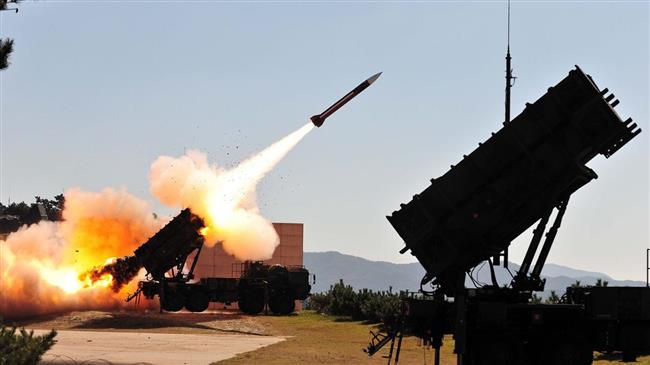

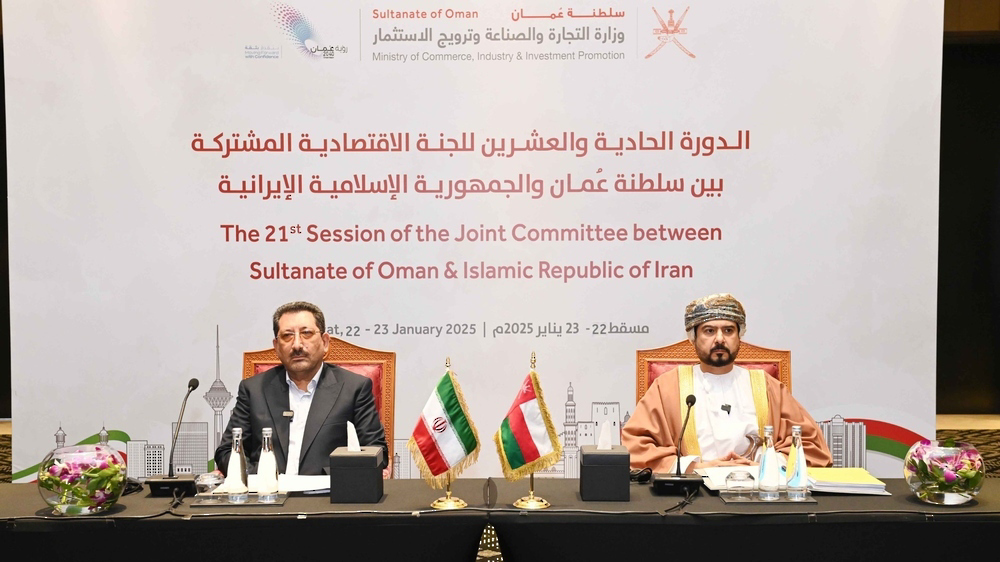
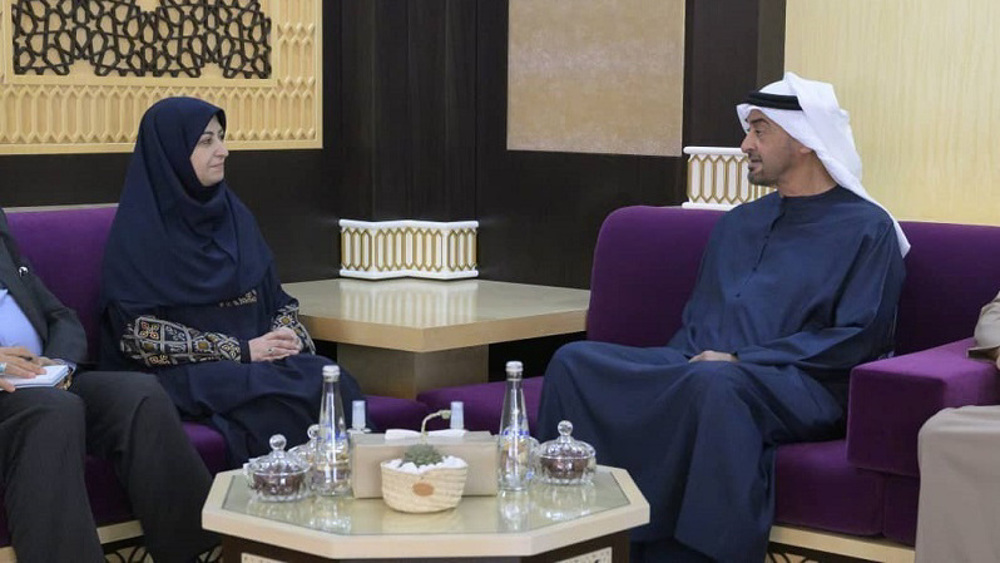
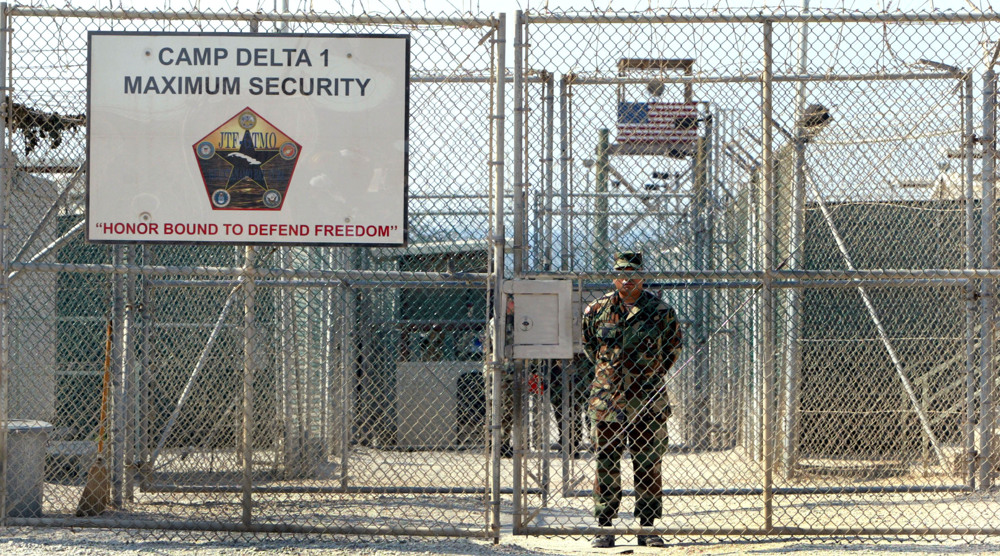



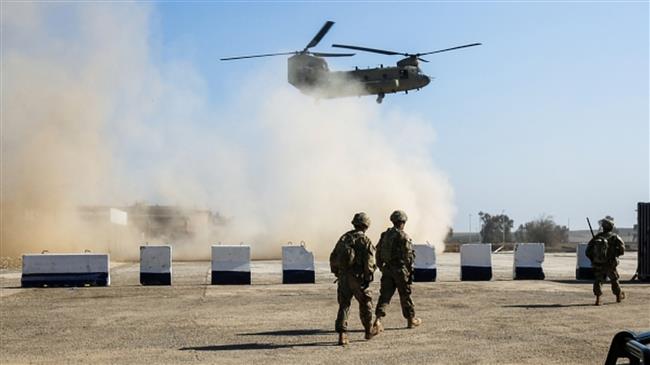
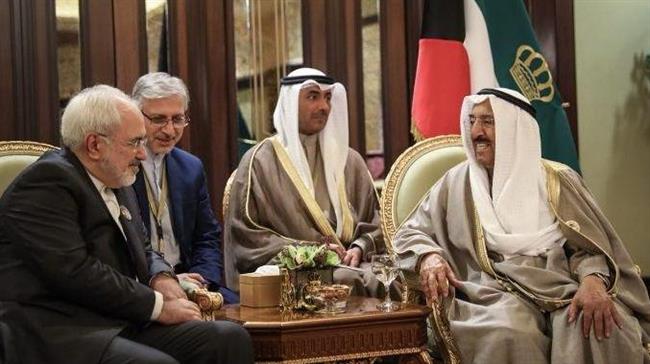


 This makes it easy to access the Press TV website
This makes it easy to access the Press TV website